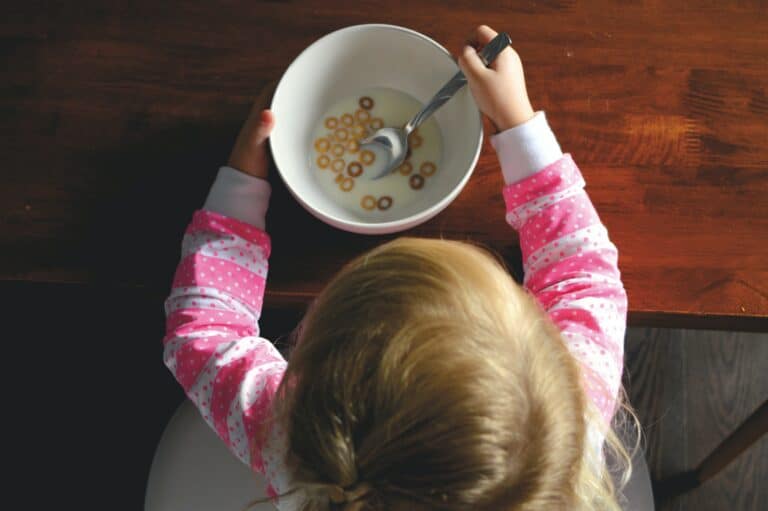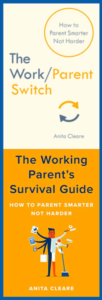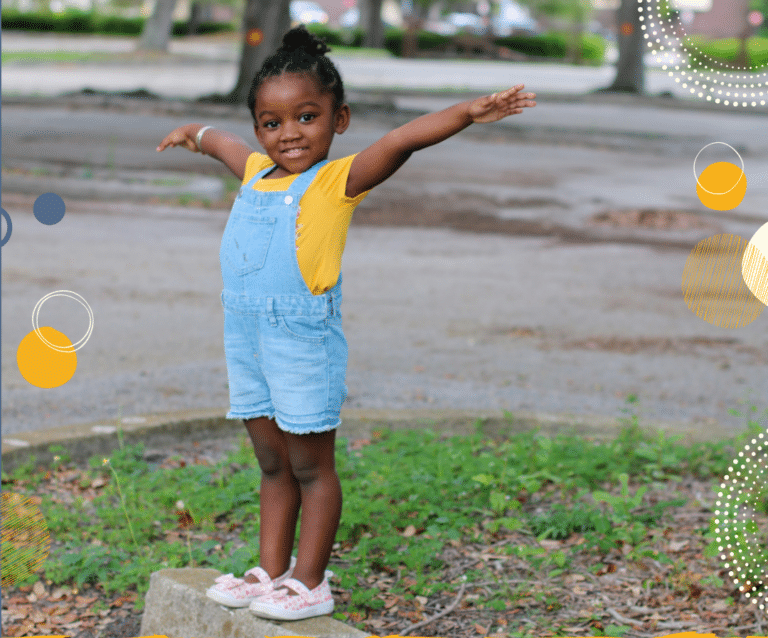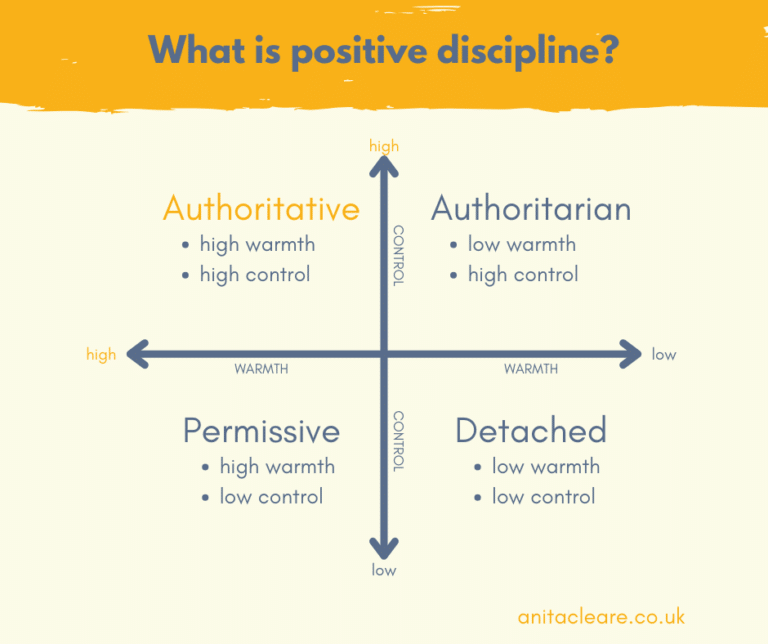How my preschoolers designed a stress-free morning routine
When my children were little and still at Nursery, our morning routine was a tetchy affair. As a single working parent I had to get them (and me) dressed, fed and out of the house by 7.45am to be on time for work so that I could legitimately leave on time to race home and pick them up before Nursery closed.

One Sunday, in calm non-morning moment, I sat down my preschoolers at the dinner table and told them we had a problem. The morning routine was no fun and Mummy always ended up shouting and I couldn’t face doing it any more. But I didn’t know what to do about it. In desperation, I handed over the problem to them and asked if they had any ideas.
I can’t remember which child it was who suggested “Why don’t we get dressed before we go downstairs?” It was blindingly obvious. The problems started when I tried to get them back upstairs to get dressed so if they were already dressed before they came downstairs for breakfast then that was most of the battle won. It was definitely the littlest one who suggested that they could get a sticker every morning for getting dressed nicely. And both of them were unbothered when I said that the new rule would be no TV in the mornings.
We tried it the next day, and it worked. This new morning routine continued to work (most days) for many years to come. Even now they both still get dressed before coming down for breakfast, out of habit rather than directive. And the TV rule has been expanded to include tablets and computers. There were so many stickers on the wall next to my son’s bed for having got dressed nicely that when we moved and scraped them off half the plaster came away too!
Now, I’m not suggesting that the morning routine we came up with will work for everyone. You will have to find your own unique solution to that particular trauma (Morning meltdowns: time for a rethink? might help). But what it taught me was that when it comes to crunch moments with kids and things are going badly, don’t keep hitting your head against the same brick wall. Move things around and do it differently. Try something new. Identify the blocks and the enablers and the incentives and put them in the right order.
And more than anything, involve your children in solving the problem. Because sometimes they have the best answer (and they are far more likely to see it through if they came up with the idea!).
Like this? There is a whole chapter on stress-free morning routines in my book!







What a fabulous post! Such a refreshing way to look at a problem. Thanks for linking up to #TheList x
Thank you! It was a very hard-learned lesson so if it can help anyone else I’m really pleased 🙂
Deciding no more TV in the morning was probably the single most effective thing I did to make the morning routine less stressful when my kids were little. I thought I would face huge resistance but they accepted it overnight. They are 12 and 9 now and we’ve never looked back.
I think sometimes the thought of making a change is far worse than actually doing it. My kids accepted it really easily too and it never occurs to them even now (12 years later) to turn on the TV in the morning!